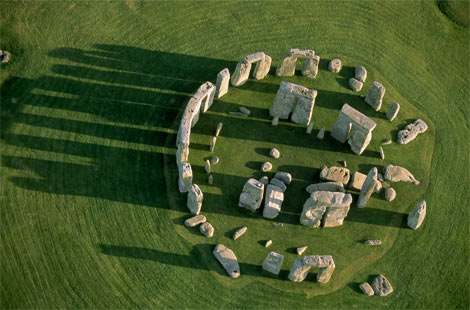Deepak Gupta (under no circumstances could you, or should you, confuse him with the notorious Deepak Chopra!) is based in India and is the founder of the website Savvy Skeptic. He is in the process of raising funds to distribute and market a documentary that debunks homeopathy, a practice that has quite a following in India. [Read more…]

